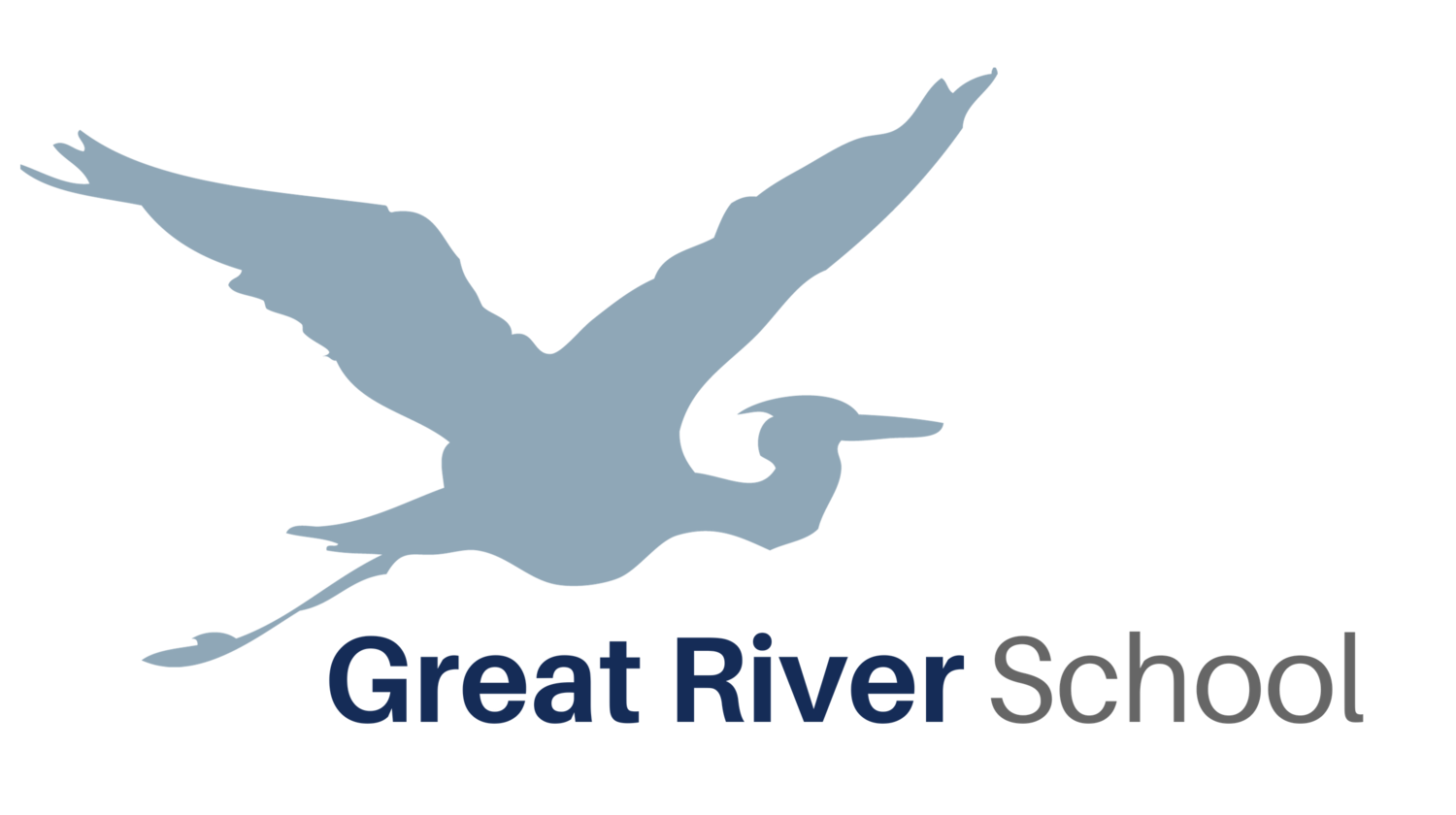(written by Matty Brossart, Crow Wing guide)
Winter is upon us. We have progressed from the gloriously warm sunny October days we had to the cozy, dark drizzles and flurries of late November. As the weather has turned chilly, and we have had to navigate quarantines and other creative community work to keep everyone as safe as possible, it is a good time to reflect on the role of community in the work we do. A big part of the Montessori work we do at Great River School involves learning and growing with tools to be strong community members. The structures of our classrooms and our day are set up to help children navigate the interwoven paths that link freedom, responsibility, grace and courtesy, and interdependence.
One of the first things we do to begin to create community is utilize stories. Stories are fundamental to the Montessori education journey, and our Great Lessons are stories that help us find order and interdependence in our work. These stories help us see how everything in nature and history is interconnected, and even in our differences, we each add to a constantly changing and beautiful whole. In addition to the great stories, many communities use “read a-louds” of short stories and chapter books chosen to create conversations and build shared understandings. We observe and reflect on our shared stories, and this shared experience helps us have a shared language, even as our other work can be more individual. Another thing we do with our stories is that we connect with our social work team: the social work team and guides work together to deliver lessons on wellness and emotions to give us common language and skills to help each other when we are struggling. These lessons are anchored in stories and books that connect us to writing, art, and diverse perspectives of success and struggle.
In addition to sharing stories and learning how to be in the world from them, we build our classroom environments informed by what Dr. Montessori said in Education and Peace, “Preventing conflicts is the work of politics; establishing peace is the work of education.” We purposefully sow our classroom communities with chances for students to navigate their freedom, their responsibilities and their interdependence with their classmates: We center practices in group follow up projects, using work journals, conferencing with students to discuss their work and reflect, with choice in follow up work and practice, and expectations of community care. These are daily opportunities for struggle, success, failure, heroics, and reflection. Within each community we also include systems for conflict resolution. We know that struggle and failure is part of being in community, and we want students to have the opportunity to ask for help from others, to find the common ground, to hear the other’s perspective, and to make plans to move forward. Sometimes these work right away, and other times they need to be revisited. Both are great opportunities to build a beloved community.
Many of those tools help students learn to navigate community life from their individual places; As a whole class, we have an anchor practice of community meetings. These help students become full and active members of society (both now and later in life), and to let them navigate and develop their sense of justice and fairness,. Montessori Communities at Great River come together as a whole group to get to know each other, discuss community needs, and come up with solutions. We make use of various talking technologies to try to hear and value multiple perspectives, and that allows students to hear others' perspectives and share their own. This experience can involve discussing anything- from the small (pencil erasers), to the global (reducing garbage), to the personal (feeling left out). Being part of problem-solving allows students to feel purposeful while experiencing the slow process that is looking for authentic solutions that meet everyone’s needs in equitable ways.
This is big work, and it is a joy to be doing it with you all.


